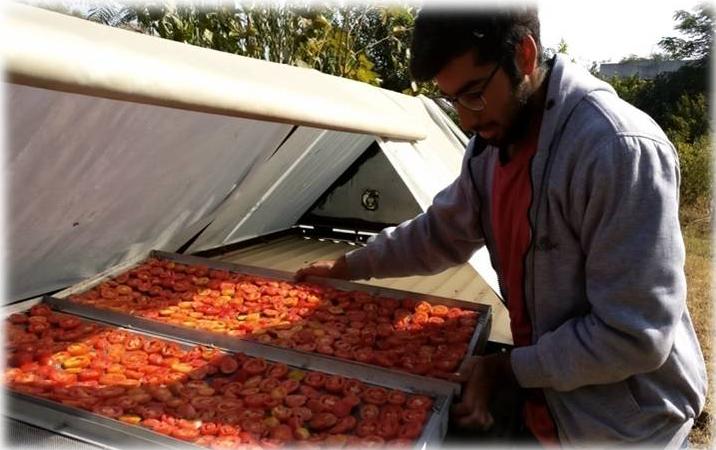
Vodafone Foundation donates €30,000 to support Mozambique over Cyclone Chido
Vodafone Foundation has pledged €30,000 to Save the Children in response to the devastation caused ...

Varun Raheja, a mechanical engineer from India, came up with a low-cost solar dryer in order to support small farmers in India in their struggle against poverty, reduce food waste and promote Sustainable Development Goals (SDGs).
When the market prices are low, farmers often have to throw away their produce, resulting in significant waste. The resulting debt even leads some farmers to commit suicide.
To tackle this issue, Raheja came up with a low-cost solar dryer. The machine costs $200 and enables farmers to dehydrate their agricultural products and conserve them for a minimum of six months, while preserving nutrients, colour and taste.
Clementine O’Connor, Program Officer, Sustainable Food Systems at the UN Environment Program (UNEP), said: “Low-cost innovations like Raheja’s solar dryer can make a big difference in helping farmers improve their incomes, while at the same time enabling countries to reduce food loss and waste and make progress towards the Sustainable Development Goals,” specifically towards target 12.3—global food loss and waste.
UNEP’s new report with the World Resources Institute, Setting a Global Action Agenda on Food Loss and Waste, calls for a “decade of storage solutions”—kickstarting collaborations to get income-sensitive, climate-smart storage technologies like this one into the hands of farmers and distribution networks around the world, she added.
So far, 100 farmers are using his solar dryer, but many organizations and farmers are interested in working with his machine, to join him on his mission to reduce waste and improve the position of farmers.
Raheja said “Throughout the process of designing the machine, I kept in mind that the most important features are low costs and availability of materials. By using solar energy, there are no additional electricity costs. Farmers can install the machine themselves, a technician is not required. Also, as India is a big country, the machines have to be transported for thousands of kilometers to reach the consumer. I made sure that the machine is small and low-weight to reduce transport costs. This reduced the overall price to $200.”
Vodafone Foundation has pledged €30,000 to Save the Children in response to the devastation caused ...
The European Commission has adopted a decision to disburse €1 billion in loans to Egypt following ...
Opening the Helwan University clinic brings the total number of Safe Women Clinics to 48 ...


اترك تعليقا